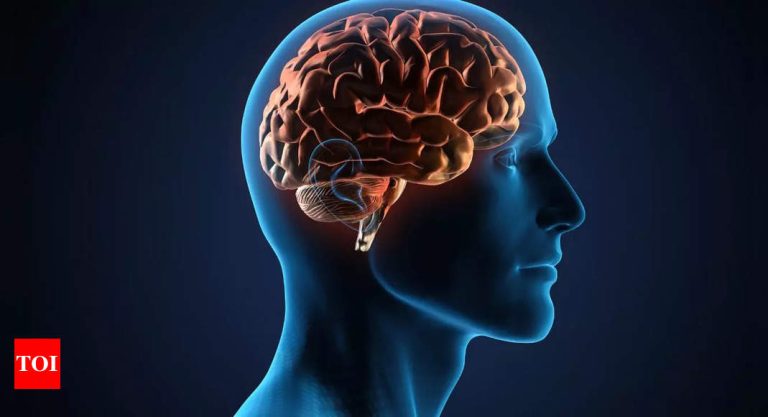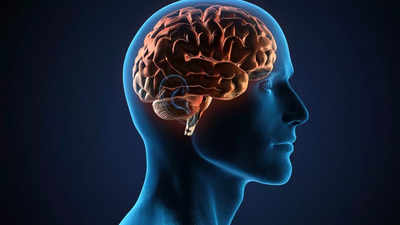When a person dies, not only their physical possessions remain; there are memories, experiences and perspectives that can never be restored. These non-physical elements of a person’s life constitute the very essence of their personality, but after their death, their memories seem to disappear with them. The question then arises: would it one day be possible to recover the memories that exist in the brain of a deceased person? This may sound like science fiction, but what the neuroscientific findings imply is that they could theoretically unlock the secret to memory recovery, which would never be achievable given the complexity of the human brain .
Recovering memories from the brain after death; know the science behind it
What it might feel like to be able to recall the memory of a loved one even after that person has died – the concept seems like science fiction, but researchers in the field of neurotechnology have shown their interest in this possibility and believe that it is feasible despite the gigantic obstacles to overcome.
Memories in the human brain are the result of a process involving neurons. According to neuroscientist Don Arnold of the University of Southern California, memories are “encoded by populations of neurons to create “engrams,” physical traces of memory in the brain. These biological storage devices, called engrams, are used for our memories. Short- and long-term memories come from the hippocampus, which is part of the brain, but other parts, such as the parietal lobe, provide sensory details. Scientists have been successful in locating engrams in animals, but this is the case. much more difficult in humans since their brains are much more complex.
Why is it so difficult to recover memories from the deceased’s brain?
Recovering memories from a deceased brain presents many challenges. First, scientists would need to identify exactly which neurons correspond to a particular memory. But the problem is that memories are not static; they change over time and can move between different areas of the brain, making them more difficult to identify. According to Arnold, “memories are dynamic, so their location in the brain is not fixed either.”
Second, memory is fundamentally reconstructive. Charan Ranganath, a memory specialist at the University of California, notes that memories are usually broken. We generally do not remember events entirely when we recall them, but rather have bits and pieces of memory of those experiences. Therefore, even if scientists had direct access to the neurons linked to a memory, reconstructing that actual memory would not be feasible.
The tools necessary for precise mapping and memory retrieval do not currently exist in modern neuroscience. Success in such a feat would require ongoing brain scans, combined with very detailed tracking of the individual’s memories throughout their life. “It’s more of an interpretation than an automatic recording,” says Ranganath, explaining that memory functions are a perception of what happened.
How does memory consolidation affect memory recovery of the deceased?
Memory consolidation is a process by which memories become more stable over time. This is a process in which the neural networks that support memories change and the memories themselves move to different locations in the brain. This fluidity makes any attempt to identify and recover a specific memory of the dead much more complicated. The engram, which houses the neurons connected to a memory, is not a perfect record of the memory itself. It is simply the memory storage location, and its discovery may not lead to a complete recollection of the event.
Memory is not a faithful reproduction of the past but rather a reconstruction, where bits and pieces of events are remembered and the brain fills in the rest with the knowledge it already has. A good example would be someone who remembers attending their fifth birthday party but can’t remember all the details, like who was there or what the weather was like. This partial and reconstructed nature of memory makes it even more difficult to fully recover memories of a deceased person.
Challenges of memory retrieval technology and limitations of current neuroscience
As of now, no technology is possible to map and recover human memory. At best, even with such data, a memory can be difficult to reproduce because it does not stay still. END. Although recovering memories after death is a great idea, with current technology it is quite far from happening. Right now, the memories of a life live within oneself and when that person dies, those memories are lost in perpetuity. The only other way to save a person’s legacy today is through photographs and stories.
Read also | What is the “blood moon”? The science behind this astronomical phenomenon and when to see it



